
Dame Margaret Taylor Rutherford was an English actress of stage, film and television.
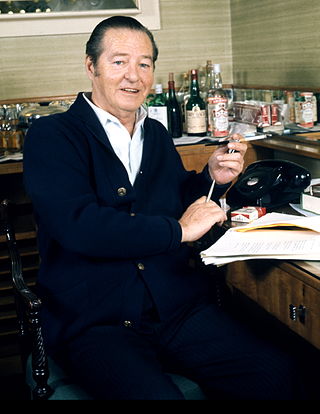
Sir Terence Mervyn Rattigan was a British dramatist and screenwriter. He was one of England's most popular mid-20th-century dramatists. His plays are typically set in an upper-middle-class background. He wrote The Winslow Boy (1946), The Browning Version (1948), The Deep Blue Sea (1952) and Separate Tables (1954), among many others.
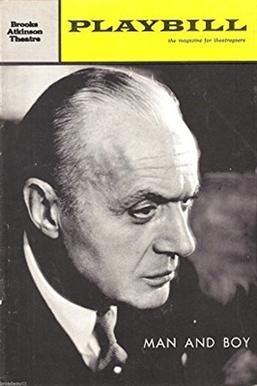
Man and Boy is a play by Terence Rattigan. It was first performed at The Queen's Theatre, London, and Brooks Atkinson Theatre, New York, in 1963, with Charles Boyer starring as Gregor Antonescu. It had a Broadway revival in 2011 with Frank Langella and Adam Driver.
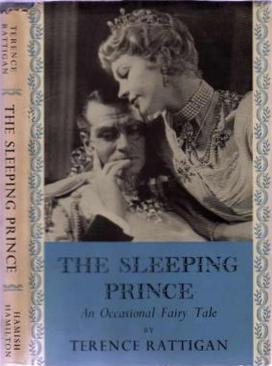
The Sleeping Prince: An Occasional Fairy Tale is a 1953 play by Terence Rattigan, conceived to coincide with the coronation of Elizabeth II in the same year. Set in London in 1911, it tells the story of Mary Morgan, a young actress, who meets and ultimately captivates Prince Charles of Carpathia, considered to be inspired by Carol II of Romania.

Benjamin Arthur Flemyng, known professionally as Robert Flemyng, was a British actor. The son of a doctor, and originally intended for a medical career, Flemyng learned his stagecraft in provincial repertory theatre. In 1935 he appeared in a leading role in the West End, and the following year had his first major success, in Terence Rattigan's comedy French Without Tears. Between then and the Second World War he appeared in London and New York in a succession of comedies.

Ross is a 1960 play by British playwright Terence Rattigan.
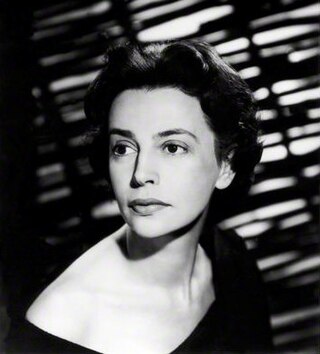
Gwendoline Watford, professionally known after the mid-1950s as Gwen Watford, was an English actress.
Peter Glenville was an English theatre and film director, and actor. He was a prominent director of stage plays on the West End and Broadway in the 1950s. He was nominated for four Tony Awards for his American plays.
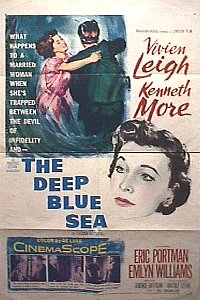
The Deep Blue Sea is a 1955 British drama film directed by Anatole Litvak, starring Vivien Leigh and Kenneth More, and produced by London Films and released by Twentieth Century Fox. The picture was based on the 1952 play of the same name by Terence Rattigan.

Separate Tables is a 1958 American drama film starring Rita Hayworth, Deborah Kerr, David Niven, Burt Lancaster, and Wendy Hiller, based on two one-act plays by Terence Rattigan that were collectively known by this name. Niven and Hiller won Academy Awards for Best Actor and Best Supporting Actress respectively. The picture was directed by Delbert Mann and adapted for the screen by Rattigan, John Gay and an uncredited John Michael Hayes. Mary Grant and Edith Head designed the film's costumes.
Constance Emmeline Carpenter was an English-born American film and musical theatre actress.
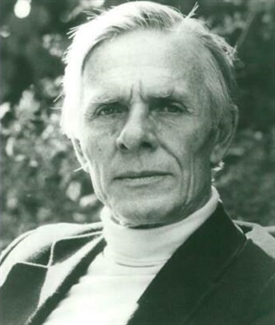
Basil Henson was an English actor. He appeared on film, television, and the stage, where he was particularly known for his work at the National Theatre.

Flare Path is a play by Terence Rattigan, written in 1941 and first staged in 1942. Set in a hotel near an RAF Bomber Command airbase during the Second World War, the story involves a love triangle between a pilot, his actress wife and a famous film star. The play is based in part on Rattigan's own wartime experiences, and was significantly reworked and adapted for film as The Way to the Stars.
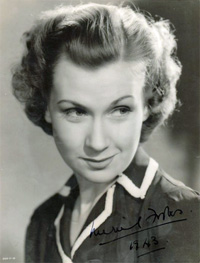
Meriel Forbes, Lady Richardson was an English actress. She was a granddaughter of Norman Forbes-Robertson and great-niece of Sir Johnston Forbes-Robertson. After making her stage debut with her father's touring company in 1929 she progressed via provincial repertory to the West End, where she appeared continually from the 1930s to the 1970s.
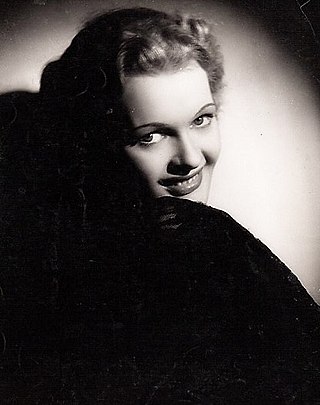
Hazel M. Neilson-Terry was an English actress. A member of the theatrical dynasty the Terry family she had a successful stage career, and also made some cinema films. Among her roles was Ophelia in Hamlet opposite her cousin John Gielgud.
Derek Osborne Hart was a British actor, journalist and radio presenter best known for his appearances on the BBC's current affairs programme of the 1950s and 1960s, Tonight.

In Praise of Love, originally entitled After Lydia, is the first part of a 1973 double-bill play by the English playwright Terence Rattigan. It was the penultimate play he wrote.
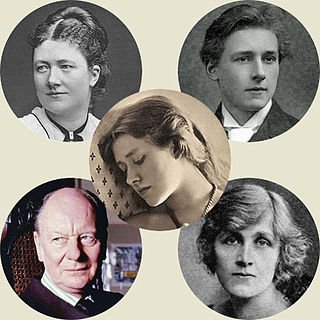
The Terry family was a British theatrical dynasty of the late 19th century and beyond. The family includes not only those members with the surname Terry, but also Neilsons, Craigs and Gielguds, to whom the Terrys were linked by marriage or blood ties.

Phyllis Neilson-Terry was an English actress. She was a member of the third generation of the theatrical dynasty the Terry family. After early successes in the classics, including several leading Shakespearean roles, she spent more than four years in the US, in generally lightweight presentations.

Beryl Measor was a British actress. She created roles in plays by Noël Coward and Terence Rattigan. In addition to her stage career she broadcast frequently on BBC radio and television, and appeared in several cinema films.

















